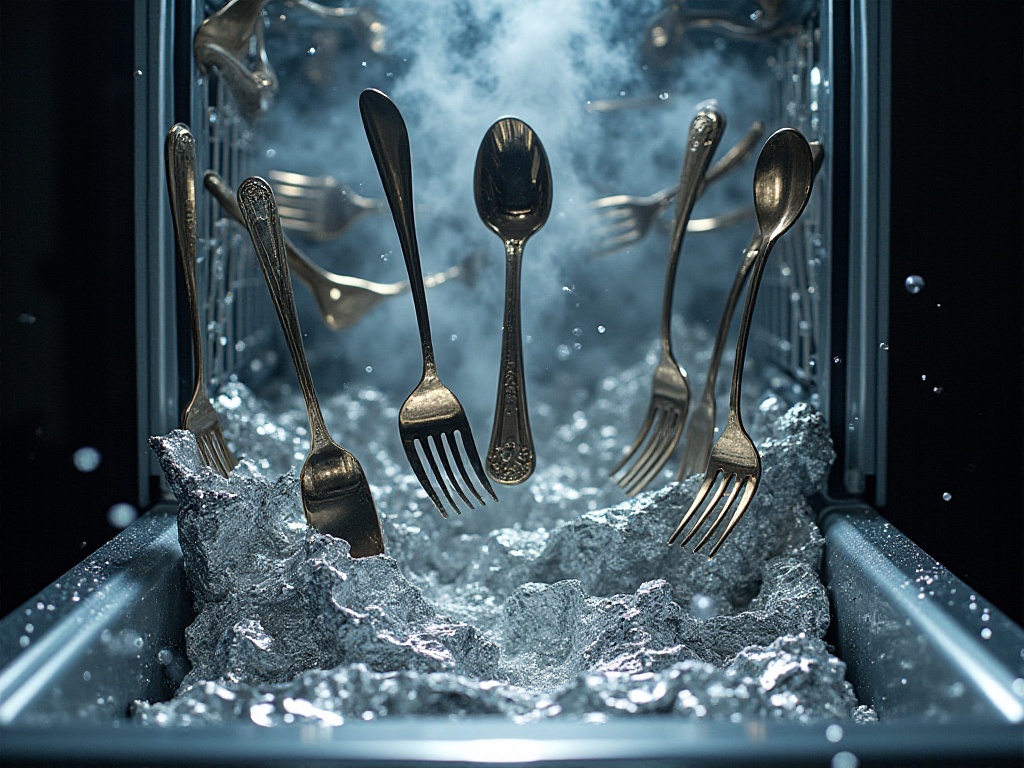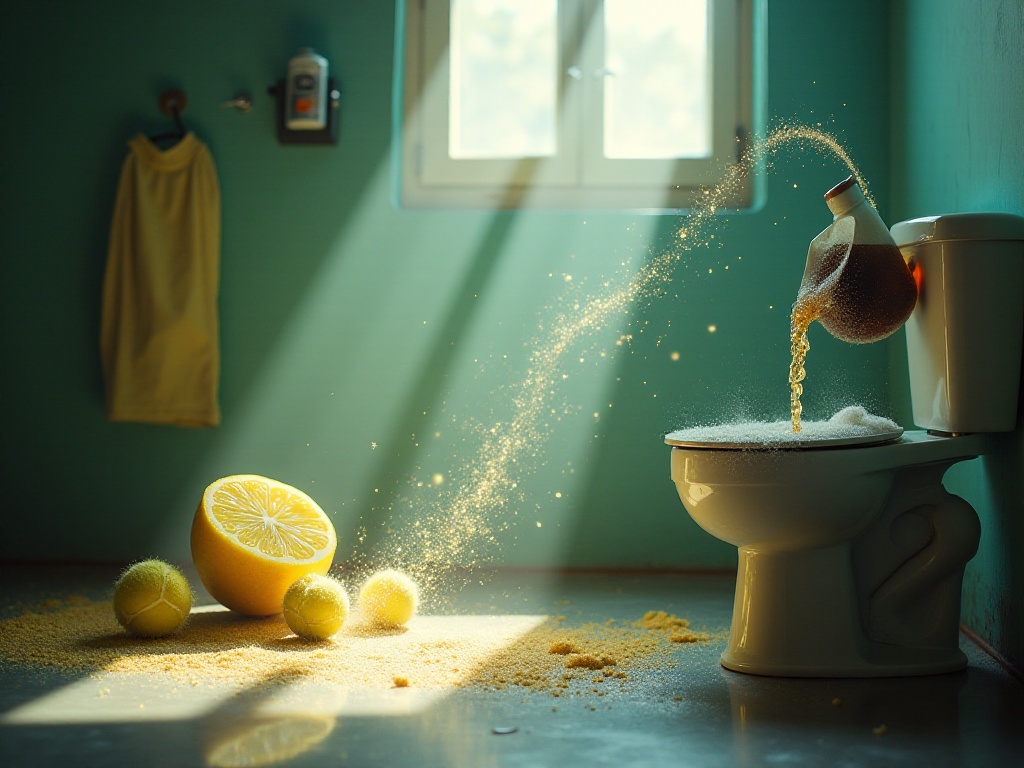Introduction
Since moving out on my own, I've discovered that kitchen cleaning is truly a skilled task! After every cooking session, I face a greasy stove, yellowed microwave, and smelly garbage disposal - it's maddening. As a newly independent food blogger, I've had my fair share of kitchen cleaning mishaps. However, after some time experimenting and exploring, I've finally discovered some super practical cleaning tricks that I'm eager to share with everyone.
Appliance Renewal
When it comes to kitchen appliance cleaning, the microwave drives me crazy the most. After heating food, oil splatters end up everywhere and are impossible to wipe off - super annoying. I recently found a lemon steam cleaning method online that's been a lifesaver! The process is super simple: cut a lemon in half, put the juice and half a cup of water in a bowl, throw in the lemon peels, and microwave for two minutes. After the lemon water turns to steam, those stubborn stains seem to disappear like magic - they wipe right off. Best of all, the lemon's fresh scent stays in the microwave, replacing that weird mix of food odors.
Honestly, I didn't know garbage disposals needed cleaning until one day when I noticed a strange smell in the kitchen. Later during a video call with my mom, she taught me a brilliant trick: the ice cube and lemon peel combo. Just throw some ice cubes and lemon peels into the disposal and run it - the ice helps clean the internal dirt while grinding, and the lemon peels leave a fresh scent. This trick is amazing - no more worrying about disposal odors!
Refrigerator cleaning is also a big job. I used to think putting some activated charcoal in the fridge was enough until I found mold in a corner of the refrigerator compartment and realized it wasn't that simple. Now I do a deep clean monthly. First, remove all food, then wipe the interior with a mixture of warm water and baking soda, paying special attention to the door seals. Before putting food back, I repackage everything in storage bags or containers - this keeps the fridge clean and extends food shelf life.
The range hood might be the hardest kitchen appliance to clean. Those grease-covered filters are a headache, and regular cleaners just don't cut it. Now I soak the filters in hot water with dish soap and baking soda for half an hour before gently scrubbing with a soft brush. For particularly stubborn grease, I put some toothpaste on the brush - the abrasive particles help remove the grease. After washing, I use a hair dryer to dry them to prevent rust.
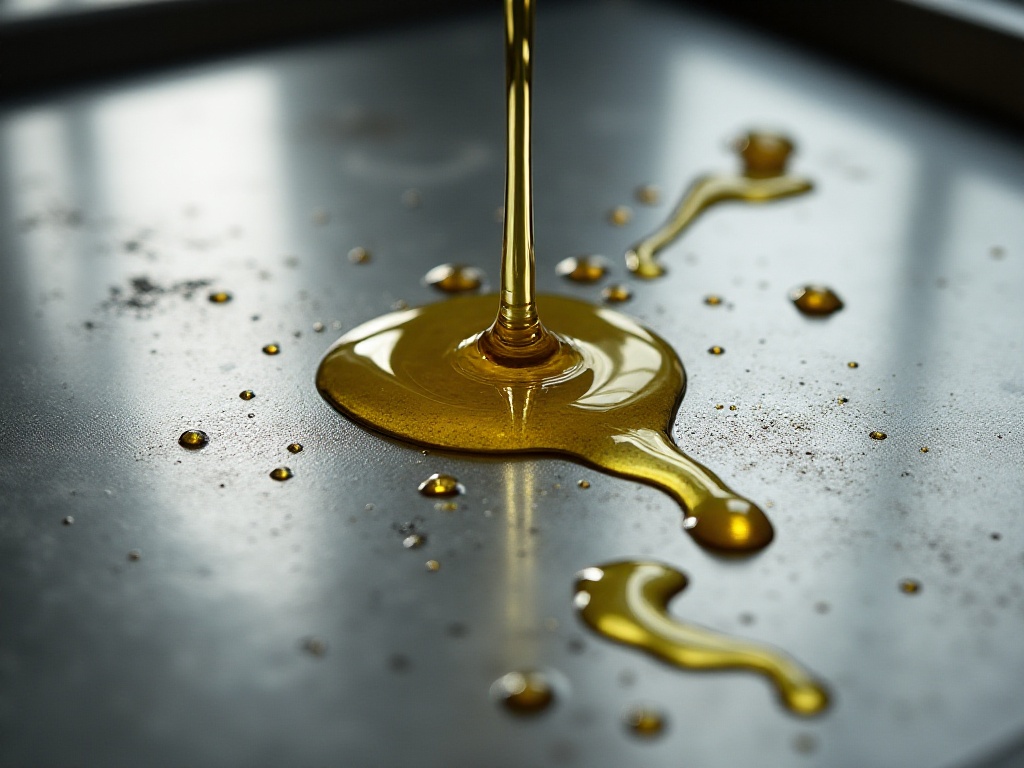
Cookware Maintenance
Cleaning baking sheets is a love-hate relationship. After baking, those blackened marks seem permanently fused to the pan. After trying many methods, I found the baking soda soak works best. Just add some baking soda to hot water and soak the pan. The alkalinity of baking soda softens those stubborn burnt residues - after soaking for half an hour and wiping with a sponge, most of the black stuff comes off. For particularly tough spots, I add some white vinegar to the baking soda water - the combination of acid and base works even better.
Maintaining stainless steel cookware is also an art. I used to scrub with regular cleaners, but it just made things worse. Later I discovered olive oil is stainless steel's best friend. Using a soft cloth with a little olive oil, gently wipe the stainless steel surface - it removes fingerprints and even repairs minor scratches, leaving everything brilliantly shiny with a great sense of accomplishment. Just remember to wipe gently and follow the grain of the stainless steel for best results.
Cast iron pan maintenance is even more particular. For new cast iron pans, they need to be seasoned first. I now use lard or coconut oil, repeatedly rubbing it in and heating until it smokes, then letting it cool - repeating this three times. This creates an especially durable bottom that resists rust. After each use, wash immediately, dry with a soft cloth, and finish with a thin coat of oil. Never use dish soap as it will destroy the seasoning.
Wok maintenance also has its tricks. My wok is carbon steel, which develops a black patina over time. Many people want to scrub this off, but it's actually beneficial - it prevents rust and enhances food flavor. After use, just rinse with hot water, scrape gently with a spatula, dry thoroughly, and remember to apply a layer of oil.
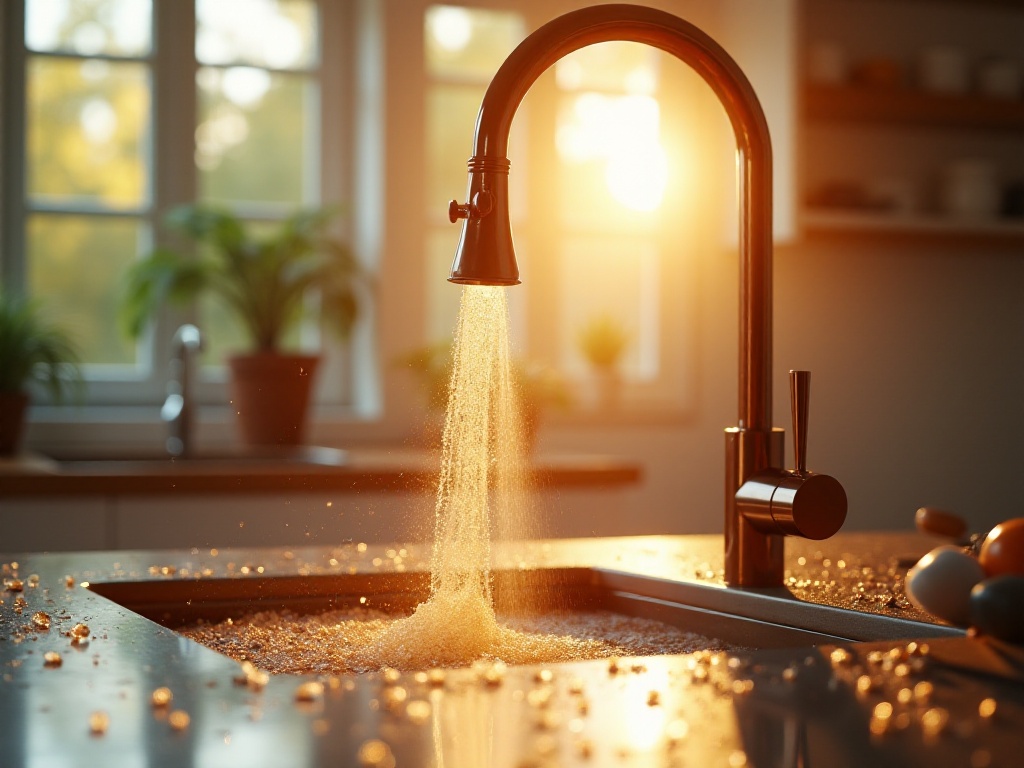
Daily Maintenance
Cutting board cleaning is often overlooked. I used to think a quick rinse was enough until one time after cutting chives, the next day's fruit tasted like them - that's when I realized the severity of the issue. Now I use a natural lemon disinfection method: cut a lemon and rub the cut surface all over the board, let it sit for a few minutes, then rinse clean. The natural acidity of lemon not only disinfects but also removes odors. For wooden cutting boards, I also condition them with cooking oil monthly to prevent cracking.
Stovetop cleaning is also skillful work. I used to wait until grease built up before cleaning, which always took forever. Now I've changed my strategy - after cooking, while the stove is still warm, I wipe it with kitchen paper dampened with white vinegar. Vinegar dissolves grease and prevents it from hardening. For particularly stubborn grease, I rub it with a lemon slice dipped in salt - the acidity of lemon plus salt's abrasiveness quickly cleans the grease away.
Sink cleaning is also important. I rinse the sink thoroughly with clean water after each use, then dry it with kitchen paper. Weekly, I do a deep clean with baking soda and white vinegar to prevent limescale and remove odors. I regularly clean the drain with a specialized tool to prevent clogs.
Organizing and cleaning seasonings is another skill. I keep frequently used seasonings on a rotating rack for convenience and easy cleaning. After using each seasoning bottle, clean the body, especially the openings of soy sauce and vinegar bottles which can get sticky - if left too long, they'll crystallize and become hard to open.
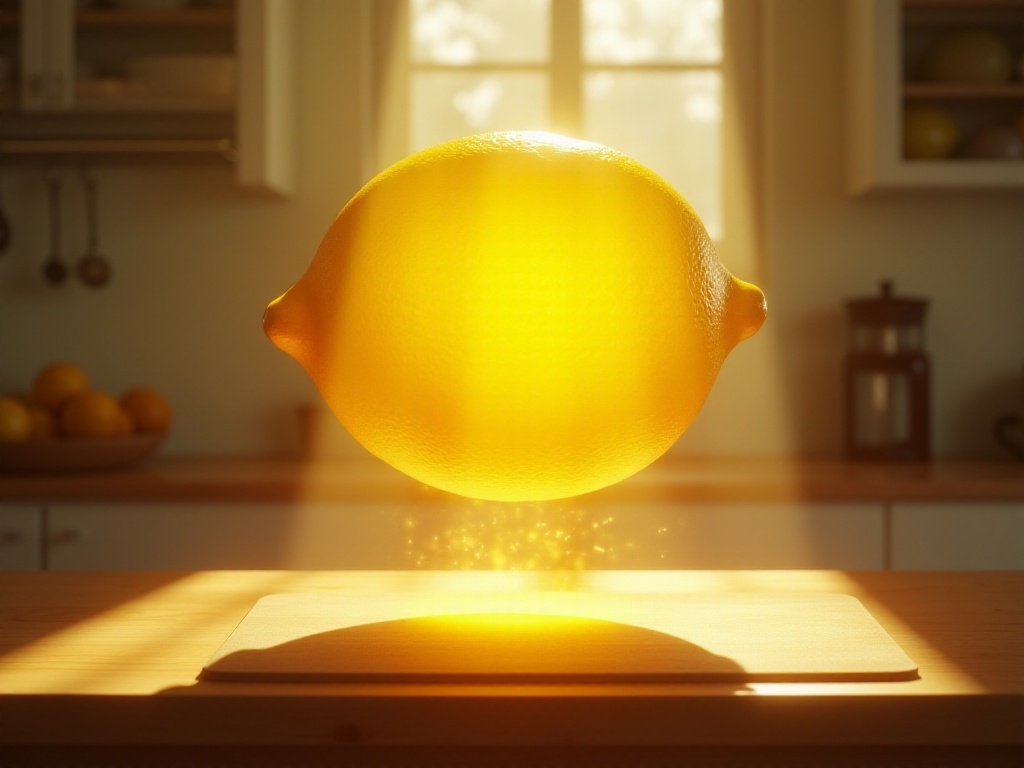
Cleaning Misconceptions
Speaking of cleaning misconceptions, I've fallen into quite a few traps. The biggest was trusting in strong cleaners, thinking the more pungent the cleaner, the better it works. Once I used a strong cleaner on a stainless steel pot and corroded the surface - heartbreaking. Later I learned that gentle cleaning methods are often better, causing less damage to kitchenware and being more environmentally safe and healthy.
Another misconception was not categorizing cleaning materials. I used to use the same cloth to wipe everything, but it just spread the dirt around. Now I separate cloths for different purposes: countertops, stoves, floors all have their own, and I boil them in water daily before drying for reuse.
Disinfection is also commonly overlooked. Many think rinsing with hot water is enough disinfection, but it's not. I now regularly disinfect the kitchen with food-grade vinegar or lemon slices, especially areas prone to bacteria like cutting boards and cloths.

Concluding Thoughts
Through this period of exploration and practice, I've realized that kitchen cleaning isn't difficult - the key is mastering the right methods and developing good habits. A quick cleanup after cooking and regular deep cleaning not only keeps the kitchen clean but also extends the life of kitchen equipment.
Does anyone have unique cleaning tips to share? Please tell me in the comments section - let's learn from each other. After all, food lovers should have a clean and tidy kitchen. Looking forward to bringing you more practical life tips next time!



